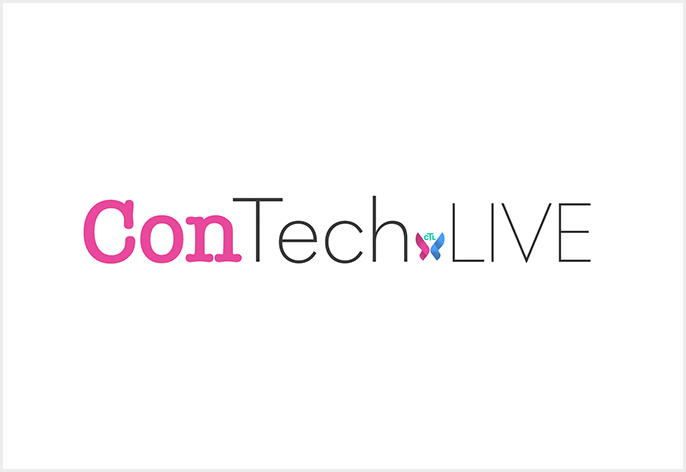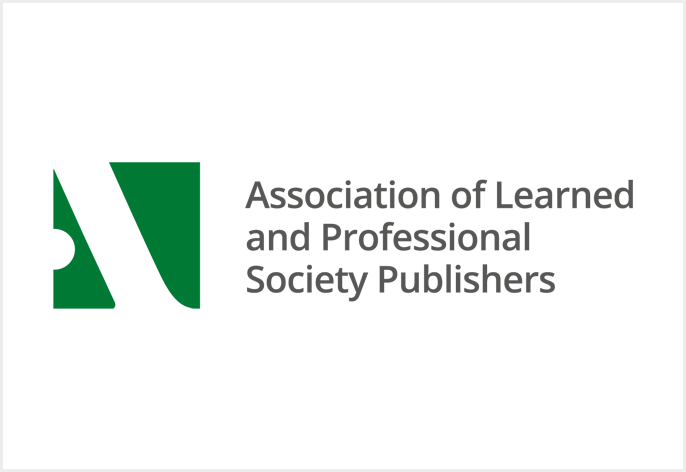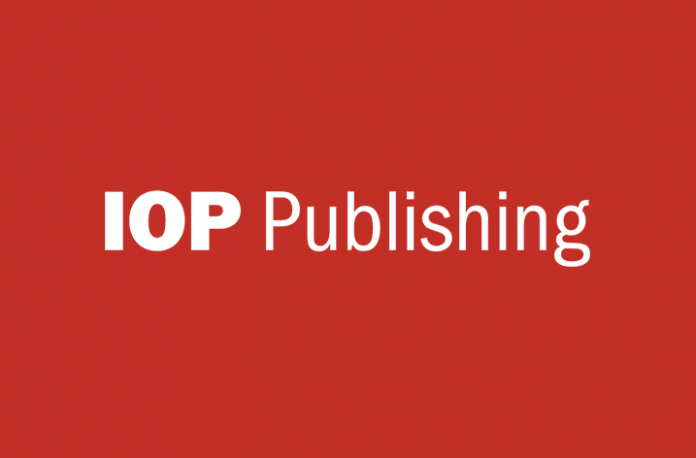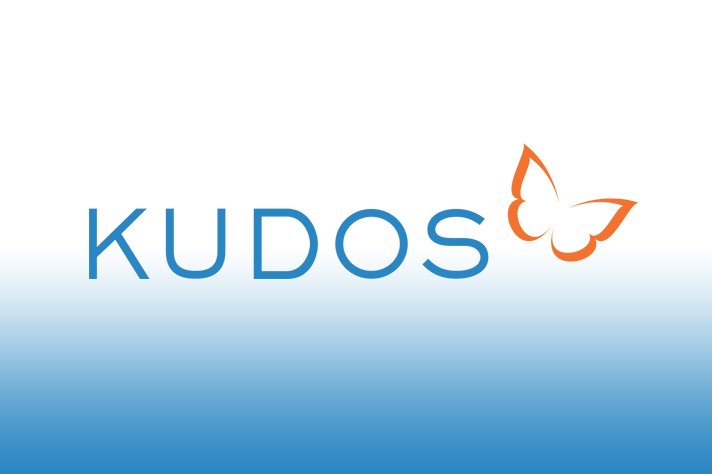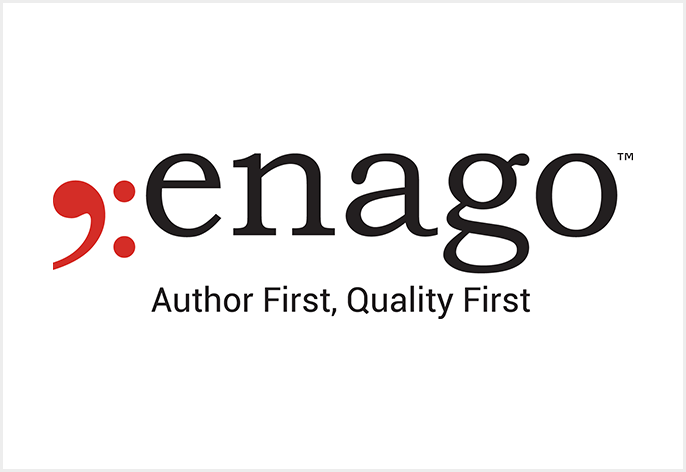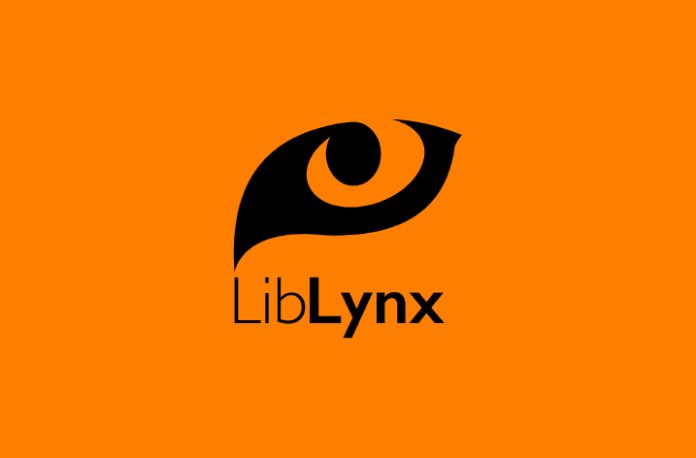ALPSP Award for Contribution to Scholarly Publishing
ALPSP Council was delighted to present this year’s award to Lorraine Estelle.
Lorraine has contributed significantly to the publishing and wider information communities over the last 20 years. She began her career in publishing before moving to lead the Jisc Collections Team in 2002, becoming CEO when it became a standalone organisation in 2006.
At Jisc she spearheaded the procurement of digital content for education and research in the UK. Her team created the Journals Usage Statistics Portal (JUSP) which libraries have found so valuable in evaluating their usage metrics. In 2015 Lorraine moved to COUNTER, bringing with her a deep understanding of the challenges faced by librarians and data analysts from her experience with setting up JUSP. Under her guidance, COUNTER developed into the organisation it is today, setting the standard for usage data which is relied upon by libraries and publishers across the globe.
Lorraine is a great leader and very well respected by her peers. She has always generously volunteered time, contributing to events and publications but also serving as a Trustee for UKSG and Editor for the UKSG journal Insights. She has also made a point of mentoring others, helping them to identify their strengths and make their own contributions to our community.
Previous winners of this prestigious ALPSP award may be found at https://www.alpsp.org/CSP-Award
ALPSP Awards for Innovation in Publishing 2022
Charlesworth Gateway and Gigabyte have been named the winners of the ALPSP Awards for Innovation in Publishing 2022. The announcement was made by David Sommer, Chair of the Judging Panel.
Also shortlisted for 2022 were:
· Hum
· ICLR Case Genie built by 67 Bricks
· Impact Services from Emerald Publishing
· Joint Commitment for action on inclusion and diversity in publishing, initiated and facilitated by Royal Society of Chemistry
· Review Commons from EMBO and ASAPbio
Winner: Charlesworth Gateway
Gateway provides a solution to a pain-point shared by both publishers and Chinese authors – how to communicate quickly and effectively with each other throughout the submission workflow and beyond. Gateway improves author experience by facilitating speedy communication between editors and their authors/reviewers direct to their personal mobile devices, creating a 24/7 two-way conversation. Gateway negates the need for email (not widely used in China). It introduces efficiencies and cost saving into publisher workflows by reducing customer service time in dealing with author queries. Improving the quality of author interaction has increased the publisher’s WeChat followers, author returnees and brand build. https://cwbot.com.cn/
Winner: GigaByte
GigaByte provides a way to rapidly and cost-effectively share research, making the scientific process more inclusive and accessible to the broader community. It uses an exclusively XML-based publishing system that automates the production process and makes it effortless to change views, languages and embed interactive content. Enabling readers to directly interact with the underlying data and software allows immediate use of published research, improves reproducibility, and increases trust. Upon acceptance this system converts manuscripts to online – and PDF-ready articles within hours with minimal human intervention, dramatically reducing production time and cost to provide an equitable solution to publish open science. https://gigabytejournal.com/
David Sommer, Chair of the judging panel, and co-founder at Kudos commented:
‘This year’s winners highlight how our industry is responding to the changing needs of authors and researchers together with the move towards making the scholarly record accessible to a broader audience worldwide. Both Charlesworth Gateway and Gigabyte recognise and support the differing needs of their communities and are well deserved winners.’
Awards Judging Panel
David Sommer, Chief Product Officer & Co-founder, Kudos (Chair)
Andrew Barker, Director of Library Services and Learning Development, Lancaster University
Kivmars Bowling, Publications Director, SIAM
Iain Craig, Senior Director of Market & Publishing Analytics, Wiley
Richard Gedye, Scholarly and Professional Publishing Consultant
Athena Hoeppner, Discovery Services Librarian, University of Central Florida
Robert Iannello, Senior Product Manager, ARM Education Media
Haseeb Md Irfanullah, Independent Consultant, Environment Climate Change & Research System
Andrea Powell, Director of Outreach and Publisher Coordinator for the Research4Life initiative
Louise Russell, Director, Tutton Russell Consulting
David Smith, Head of Technology Strategy, The IET
























